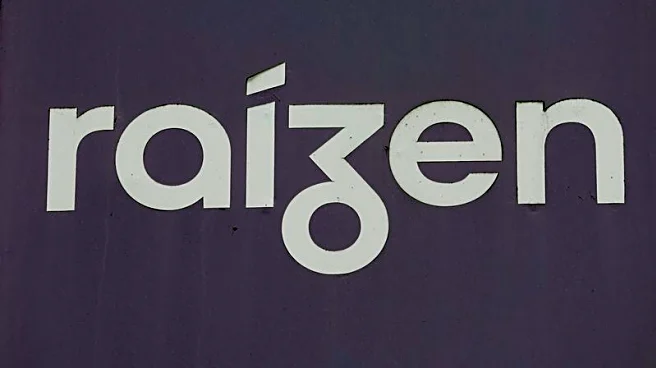Rapid Read • 9 min read
A recent study published in Nature and publicized by the University of Queensland has revealed that many electric vehicle (EV) owners continue to believe prevalent myths about EVs despite choosing to drive them. The research, led by Christian Bretter, surveyed over 4,000 individuals across Australia, the United States, Germany, and Austria, identifying nine common misconceptions about EVs. These include beliefs that EVs are more likely to catch fire than petrol cars, emit harmful electromagnetic fields, and produce more carbon emissions over their lifespan than traditional vehicles. Surprisingly, the study found that EV owners were just as likely to believe these myths as non-owners, highlighting the deep-rooted nature of misinformation. The research suggests that misinformation agreement is highest in Germany and lowest in the U.S., with significant implications for EV adoption and policy support.
AD
The persistence of misinformation about electric vehicles poses a significant challenge to their widespread adoption, which is crucial in the fight against climate change. Misbeliefs about EVs can hinder the transition from fossil fuels, affecting environmental goals and the automotive industry's shift towards sustainable technologies. The study underscores the need for effective communication strategies to counter misinformation, as agreement with false claims correlates with reduced support for EV policies and lower intentions to purchase EVs. This situation impacts stakeholders including automakers, policymakers, and environmental advocates, who must address these misconceptions to facilitate the growth of the EV market and achieve climate objectives.
The study suggests a dual strategy to combat misinformation: holding those who spread false information accountable and using evidence-based resources, such as AI tools, to educate the public. Initiatives like engaging with AI platforms or distributing fact sheets from credible sources could help reduce misinformation endorsement. As the EV market continues to expand, stakeholders may need to increase efforts in public education and awareness campaigns to ensure accurate information reaches consumers. The automotive industry and environmental groups might also explore partnerships to enhance the credibility and reach of factual information about EVs.
The study highlights a broader issue of distrust in institutions and expertise, which contributes to the endorsement of misinformation. This distrust is not necessarily linked to a lack of education, suggesting that societal factors such as political and environmental views play a role. Addressing this distrust may require broader societal engagement and transparency from institutions involved in EV production and policy-making. Additionally, the study's findings could inform strategies in other sectors facing similar challenges with misinformation, emphasizing the importance of building public resilience against false claims.
AD
More Stories You Might Enjoy












